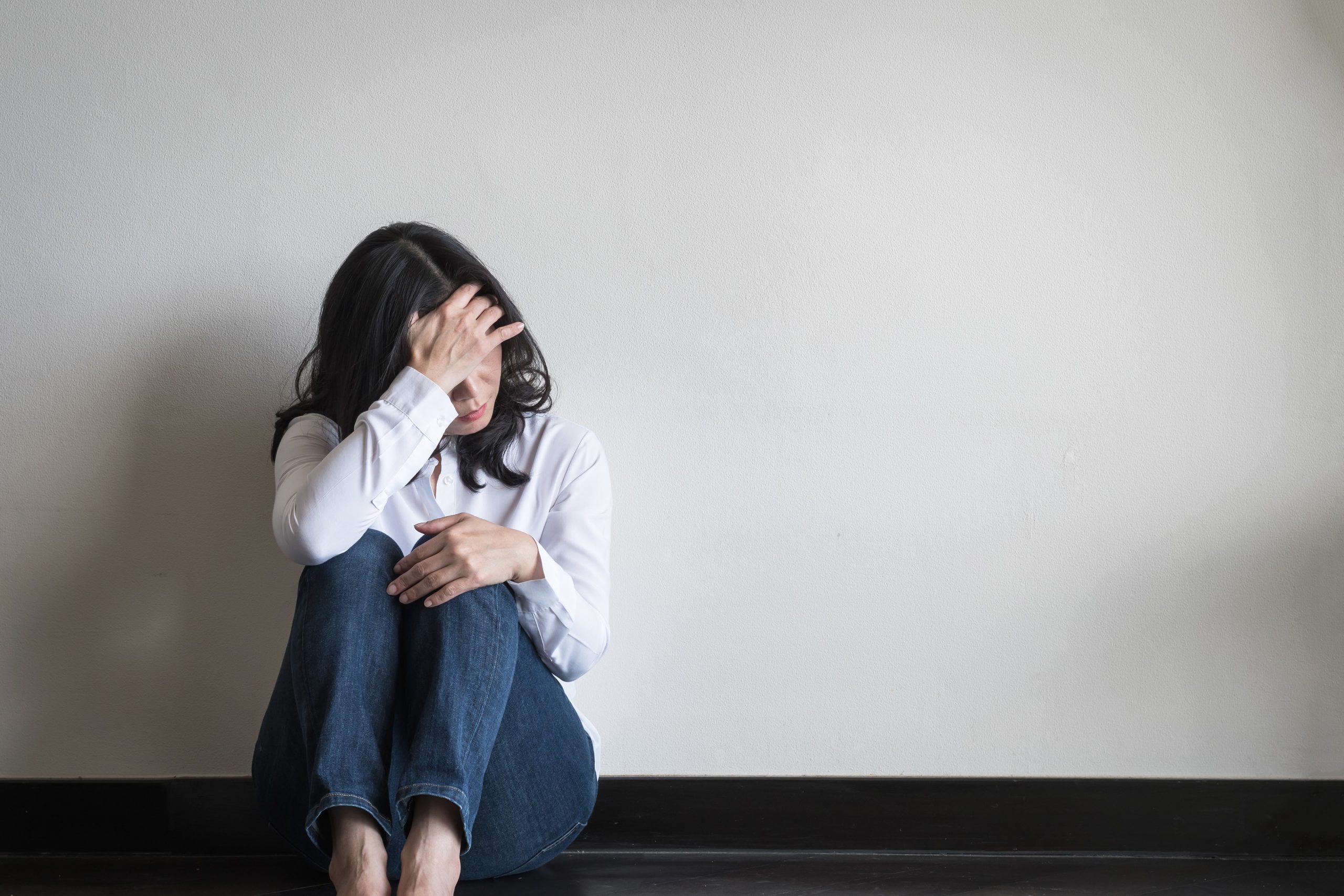Psychology Today explains “Co-occurring disorder refers to having a co-existing mental illness and substance use disorder.” Addiction, also known as substance use disorder (SUD), is listed in the Diagnostic and Statistical Manual of Mental Disorders, Fifth Edition (DSM-5) as a chronic, relapsing brain disorder. Substance use disorder is defined as a “complex condition in which there is uncontrolled use of substance despite harmful consequence.” Habitually abusing drugs and/ or alcohol will affect the way one’s brain functions, as one’s body becomes increasingly accustomed to functioning with the presence of the abused substance in its system. The National Institutes of Health (NIH) assert that nearly half of the people “who have a mental [health] disorder will also have a substance use disorder at some point in their lives and vice versa.” Anxiety disorders and substance use disorders frequently co-occur. These two disorders have such high rates of co-occurrence that they are among the most prevalent psychiatric illnesses.
Anxiety Disorders
Anxiety is the body’s natural response to stress. Anxiety will manifest differently in different people. The feelings of anxiety can range from mild to severe. While fleeting anxiety is unavoidable, it is not healthy for an individual to experience persistent and debilitating symptoms of anxiety. An individual may be struggling with an anxiety disorder when pervasive anxiety interferes with his or her ability to function in daily life. Anxiety disorders are not uncommon, according to the American Psychiatric Association, close to thirty percent of adults in America struggle with an anxiety disorder at some point in their lives.
The National Alliance on Mental Illness (NAMI) asserts: “Anxiety disorders are a group of related conditions, each having unique symptoms. However, all anxiety disorders have one thing in common: persistent, excessive fear or worry in situations that are not threatening.” There are currently five distinct types of anxiety disorders listed in the Diagnostic and Statistical Manual of Mental Disorders, Fifth Edition. They include the following: generalized anxiety disorder (GAD), obsessive-compulsive disorder (OCD), panic disorder, post-traumatic stress disorder (PTSD) and social anxiety disorder (also known as social phobia). The National Institute on Drug Abuse (NIDA) states that people diagnosed with substance use disorder are twice as likely to suffer from a mood or anxiety disorder than the general population.
For Information and Support
If you are concerned for yourself or a loved one regarding substance abuse and/ or addiction, we recommend reaching out for help as soon as possible. If left untreated, substance abuse can result in long-lasting and potentially life-threatening consequences. Keep in mind: you are not alone! There is an entire network of professionals that are available to help and support you and your loved one throughout the recovery process. The earlier you seek support, the sooner your loved one can return to a happy, healthy, and fulfilling life.
Please do not hesitate to reach out with any questions regarding our specific program at Haven House Addiction Treatment and/ or general substance abuse and/ or addiction treatment-related information. Our highly trained staff is readily available to discuss how we might best be able to help you and your loved one. We can be reached by phone at 424-258-6792. You are also welcomed to contact anytime us via email at admissions@hhtxc.com.



